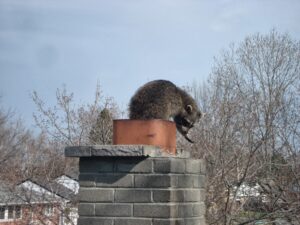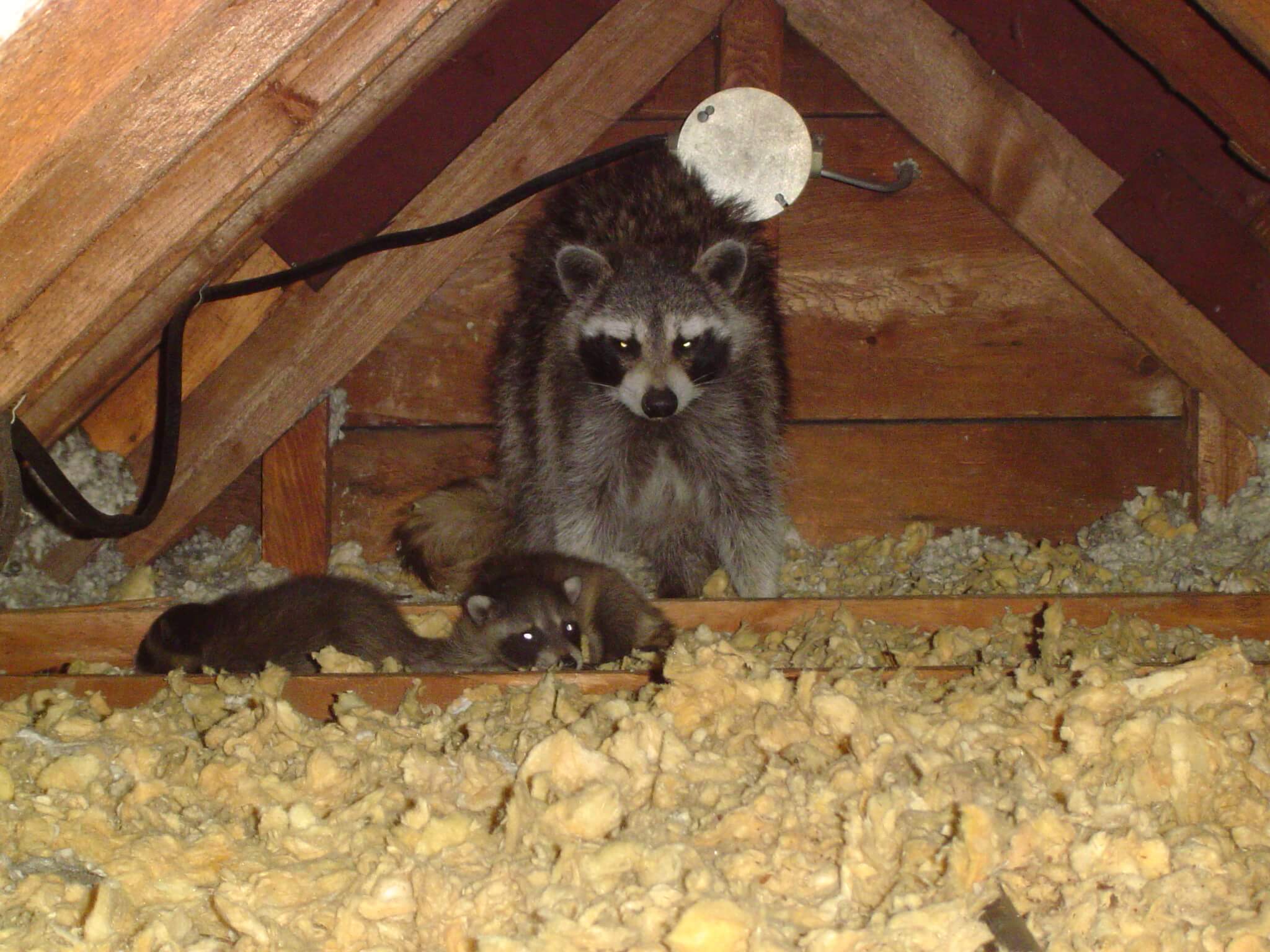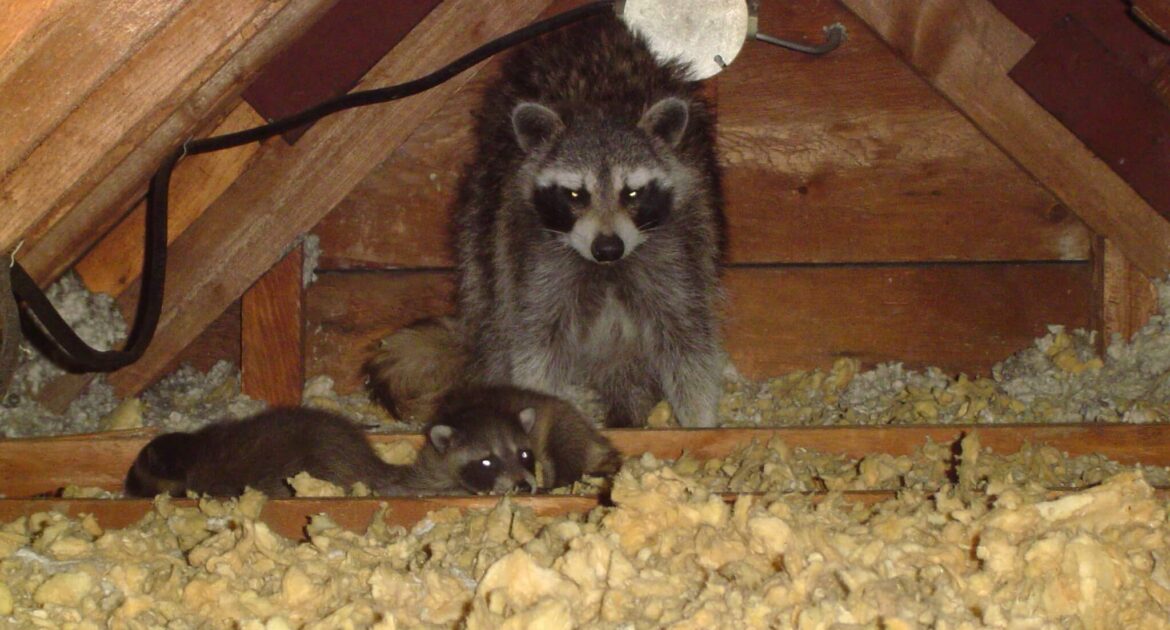News reports from last year indicate that Torontonian raccoons have been much more active and aggressive than normal. What is causing this change in wildlife behaviour? Do raccoons really pose a threat to humans? Most importantly, what can residents do to promote wildlife control in Hamilton and prevent these sorts of events from occurring in their own backyard?
Have Raccoon Attacks Really Increased?
In the past year, the total number of people who have been scratched or bitten by a raccoon in the Toronto area has gone up by more than 60%. This is a noticeable spike in attack incidents. On top of that, it is clear that people are seeing more raccoons in general because the number of sick raccoon sightings has increased more than threefold.
The explanation for these issues may be multifaceted; however, some experts believe the problem is not an increase in raccoon activity, but rather a growing presence of humans in raccoons’ habitats. This goes to say that when people spend more time in their neighbourhood and yard, they are more likely to cross paths with wild animals, including raccoons.
What Are the Risks to Humans?
 Though the injuries caused by a raccoon’s bite or scratch are cause for concern in and of themselves, raccoons are also known to carry dangerous diseases. Rabies, in particular, has been connected to raccoons. Other possible infections these critters can pass on to humans include leptospirosis and roundworm. Each of these pathogens can be very harmful to humans. In fact, when rabies is not caught early enough, it can be incurable.
Though the injuries caused by a raccoon’s bite or scratch are cause for concern in and of themselves, raccoons are also known to carry dangerous diseases. Rabies, in particular, has been connected to raccoons. Other possible infections these critters can pass on to humans include leptospirosis and roundworm. Each of these pathogens can be very harmful to humans. In fact, when rabies is not caught early enough, it can be incurable.
In order to prevent the spread of disease in the event of a raccoon attack, it is a good idea to take your household pets to a veterinarian to receive a rabies vaccination. Additionally, if a person is scratched or bitten, wash the wounded area thoroughly and then visit a medical professional right away.
What Are Raccoons Like and How Do They Live?
Though you may be familiar with the black “mask” and ringed tail that characterize raccoons, you may not know that they can weigh up to 23 pounds and can be up to 37 inches long. Additionally, these critters can sometimes run as fast as 15 miles per hour. Importantly, raccoons are nocturnal, so you are most likely to see them at night or early in the morning. Because they are omnivorous, these animals are able to live off of a wide range of foods, including fruits, nuts, eggs, fish and whatever leftovers they find in your trash bins.
What Can You Do To Prevent an Attack?
There are several things residents of Hamilton can do to minimize the risk of a raccoon attack. First and foremost, avoid touching or approaching one of these masked critters. Raccoons, though they may look sweet, are wild animals that may become aggressive at any moment. Do not try to pet a raccoon should you see one. Additionally, it is unwise to leave food out for one of these critters as it increases the chances of you or a family member interacting with them.
Another important method of reducing raccoon activity on your property is to avoid leaving your trash outside overnight. When raccoons lack access to their preferred food supply, they are likely to go digging through your trash. This may lead to an undesirable encounter when you leave your home early in the morning.
Contact Us
Taking certain precautions may decrease the likelihood of a raccoon attack, but it cannot eliminate it altogether. If you notice that your property seems to be a popular hangout for these bushy-tailed visitors, give our team at Skedaddle Humane Wildlife Control a call. We specialize in raccoon removal and other types of wildlife control in Hamilton and are eager to help make your home a safe environment for you and your family.




